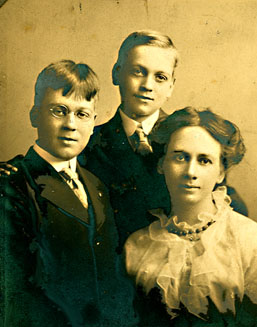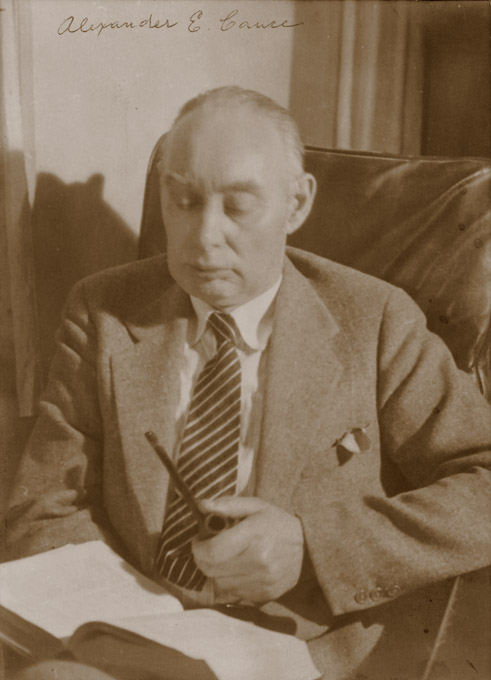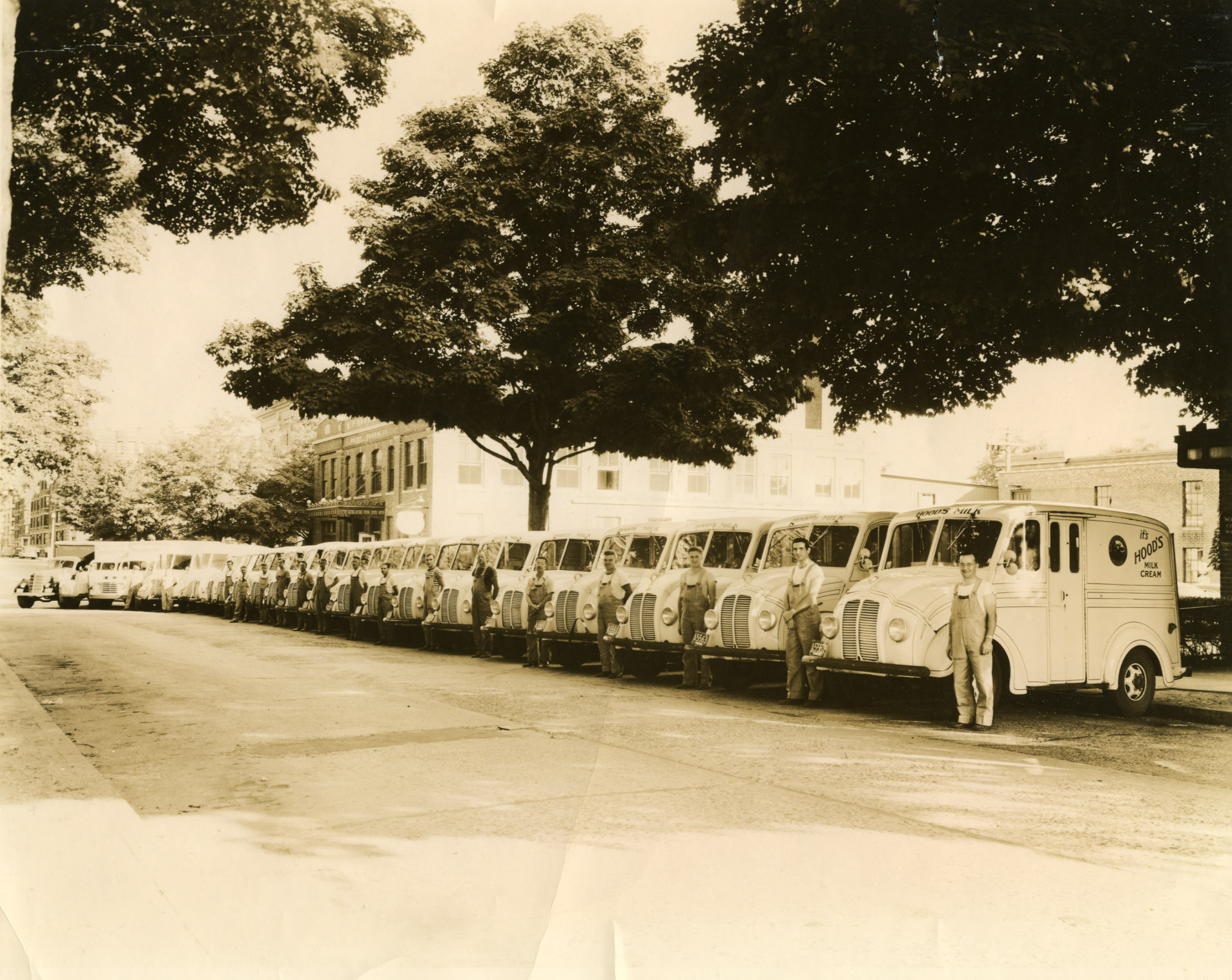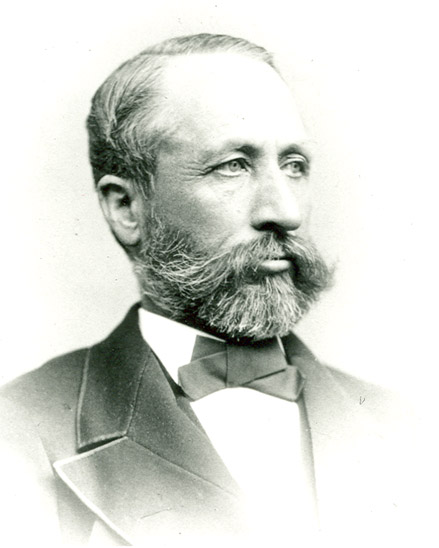Horace Mann Bond Papers
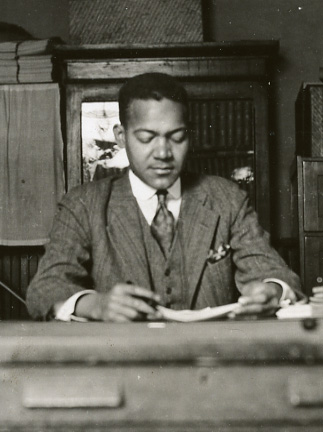
Educator, sociologist, scholar, and author. Includes personal and professional correspondence; administrative and teaching records; research data; manuscripts of published and unpublished speeches, articles and books; photographs; and Bond family papers, especially those of Horace Bond’s father, James Bond. Fully represented are Bond’s two major interests: black education, especially its history and sociological aspects, and Africa, particularly as related to educational and political conditions.
Correspondents include many notable African American educators, Africanists, activists, authors and others, such as Albert C. Barnes, Claude A. Barnett, Mary McLeod Bethune, Arna Bontemps, Ralph Bunche, Rufus Clement, J.G. St. Clair Drake, W.E.B. Du Bois, Edwin Embree, John Hope Franklin, E. Franklin Frazier, W.C. Handy, Thurgood Marshall, Benjamin E. Mays, Pauli Murray, Kwame Nkrumah, Robert Ezra Park, A. Phillip Randolph, Lawrence P. Reddick, A.A. Schomburg, George Shepperson, Carter G. Woodson and Monroe Work.

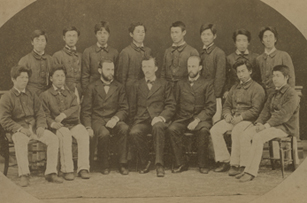
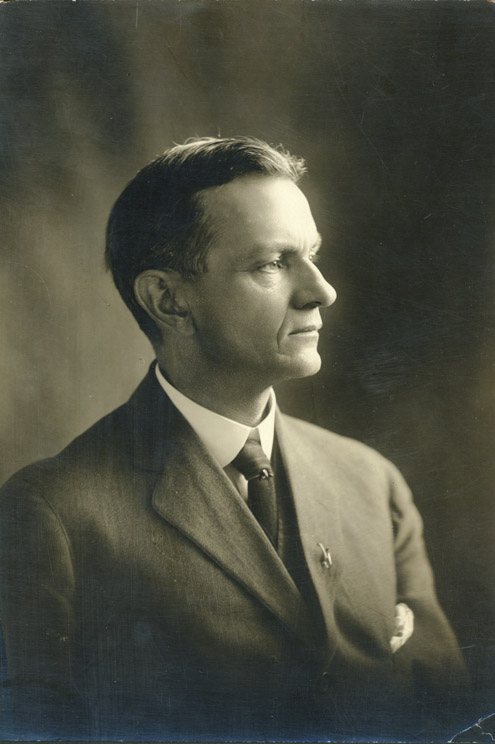
 View the
View the 